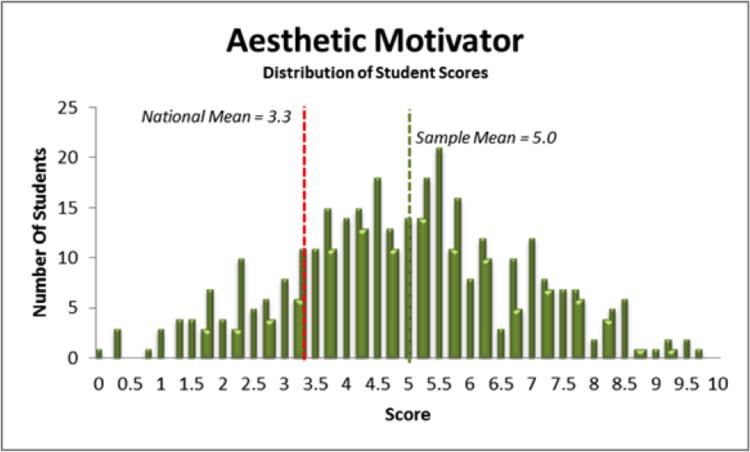New DISC Research: Need for more Inclusive Honors Section?
January 28th 2015, Written by Nathan Robertson
Indigo’s primary goal is to improve secondary and post-secondary education through the integration of non-academic data with pre-existing curricula. In pursuit of this goal, Indigo is conducting ongoing research regarding the effects of Behavioral Styles on students’ academic experience.
By assessing students at two high schools, one a suburban charter school and the other an inner-city school in Denver, Indigo recently discovered that students’ individual behavioral styles may affect their likelihood to be placed in advanced or Honors classes.
The Indigo Assessment measures Behaviors according to the DISC system, a tool that divides behavior into four basic styles: Dominance, Influencing, Steadiness, and Compliance. Students’ DISC scores indicate their natural responses to everyday circumstances; for example, someone with a high D score (“Dominance”) tends to be direct, forceful, and bold, whereas a high S score (“Steadiness”) indicates a calm, patient temperament. Indigo has discovered no significant differences in DISC scores when it comes to students’ race or income. However, significant disparity appears between Honors students and their peers in standard course sections.
As the following chart displays, standard students are more likely to display Influencing behaviors (enthusiasm and optimism), whereas Honors students score a full standard deviation higher in Compliance, indicating a tendency to follow established procedures.
The fact that Honors students tend to be rule-followers will not necessarily startle educators; however, these results could indicate a need for strategic shifts in the structure of Honors sections. For instance, since high Influencers (a large portion of non-honors students) tend to be sociable and people-oriented, integrating discussion-based classes into Honors sections could create an environment inclusive of a broader range of behavioral styles.
Because behavioral styles do not correlate with intelligence levels, it is entirely possible that many intelligent students are kept out of Honors sections merely because their learning styles do not match up with current class structures. By making an effort to appeal to all behavioral types, educators could reach out to talented students often overlooked.

